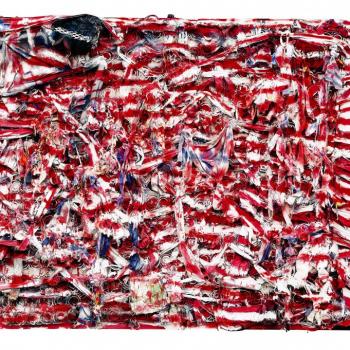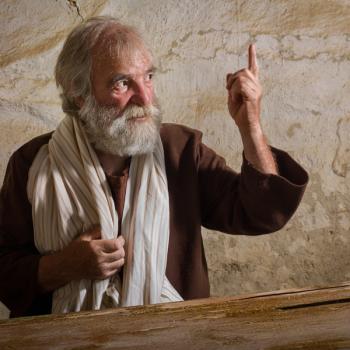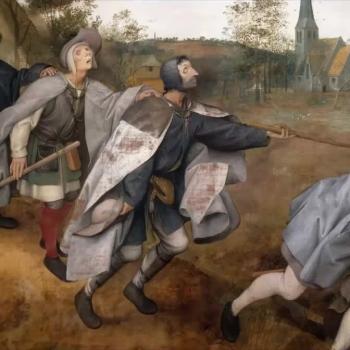(Matt. 13:24:30)
Jesus proposed another parable to the crowds, saying:
“The kingdom of heaven may be likened
to a man who sowed good seed in his field.
While everyone was asleep his enemy came
and sowed weeds all through the wheat, and then went off.
When the crop grew and bore fruit, the weeds appeared as well.
The slaves of the householder came to him and said,
‘Master, did you not sow good seed in your field?
Where have the weeds come from?’
He answered, ‘An enemy has done this.’
His slaves said to him,
‘Do you want us to go and pull them up?’
He replied, ‘No, if you pull up the weeds
you might uproot the wheat along with them.
Let them grow together until harvest;
then at harvest time I will say to the harvesters,
“First collect the weeds and tie them in bundles for burning;
but gather the wheat into my barn.”
The Parable of the Wheat and the Tares tells us something about the Final Judgment, of course, much like the Parable of the Ten Virgins or the Discourse on the Sheep and Goats. We learn from these and other passages of Scripture that there will be a judgment, that it will be both just and severe, that it will be applied to each of us individually, and that it is to occur at the “end of the age.”
But what if none of these discourses and parables are fundamentally about the Final Judgment at all? Could it be that the essential message of these passages isn’t eschatalogical and descriptive, but practical, contemporary, and prescriptive? After all, by the time we reach the threshing room floor or meet the Just Judge, the die will have been cast, our collective and individual fates long-since determined.
Consider that in the Parable of the Ten Virgins, the message that matters is that we should remain awake, vigilant for the certain return of the master. The message that counts most in the Discourse on the Sheep and Goats is that we should attend to Christ in the poor and marginalized today, while we still have the opportunity. And the most critical message of the Parable of the Wheat and the Tares is that we should guard our own hearts, not the hearts of our neighbors.
In his sermon on the Parable of the Wheat and the Tares, St.Augustine cites 1 Corinthians 10:12 – “whoever thinks he is standing secure should take care not to fall” – and notes that today’s tares may tomorrow be wheat, and today’s wheat tomorrow’s tares. And so he addresses both:
“I tell you of a truth, my Beloved, even in these high seats there is both wheat and tares, and among the laity there is wheat and tares. Let the good tolerate the bad; let the bad change themselves, and imitate the good. Let us all, if it may be so, attain to God; let us all through His mercy escape the evil of this world. Let us seek after good days, for we are now in evil days …”
Amen.
















